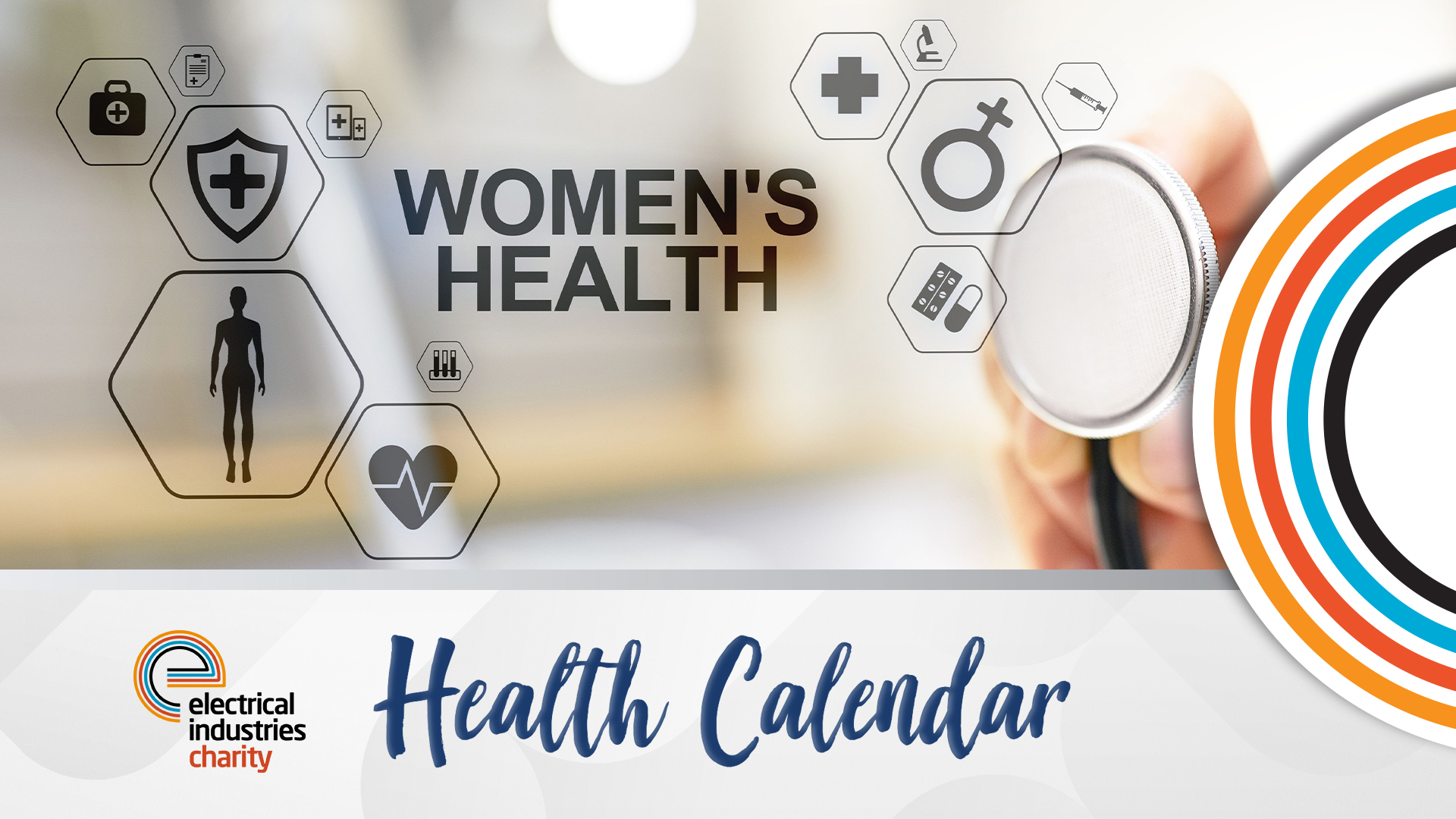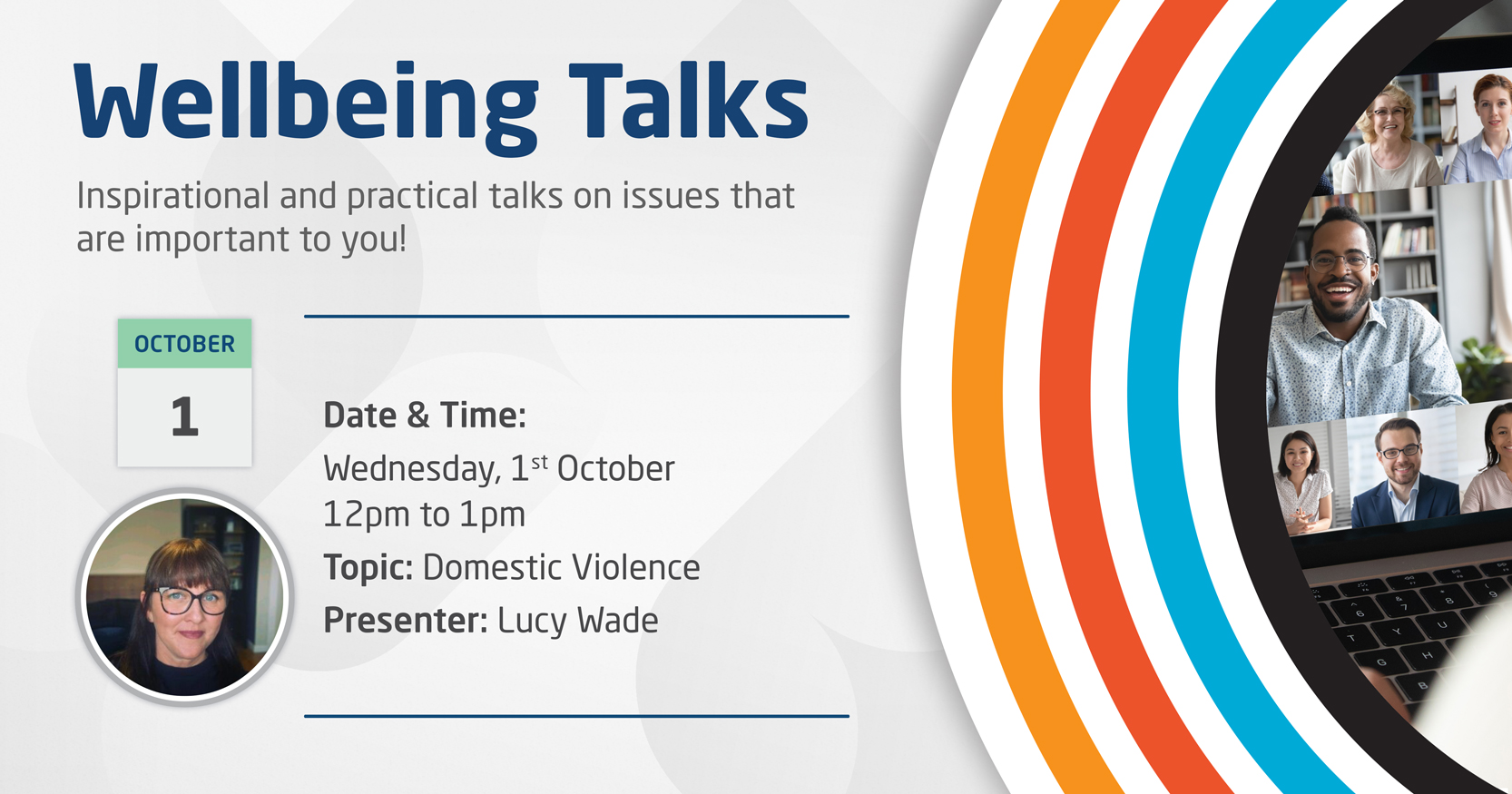October

Women’s Month – Campaign Against Domestic Violence and Abuse
Recognising and empowering women in the electrical industry is essential to fostering equality and success. These article highlights ways to support and champion women in their careers.
Articles on Women’s Month:
- Women’s Month – Campaign Against Domestic Violence and Abuse: Supporting Those in the Electrical Industry
- Understanding Domestic Violence Against Women: Recognising the Signs and Seeking Help
Understanding Domestic Violence and Its Impact
Domestic violence affects millions of people worldwide, regardless of gender, age, or socioeconomic background, but women are statistically more likely to experience it. Domestic violence takes many forms, including physical, emotional, financial, and psychological abuse. This issue transcends personal life, often impacting those, who have experienced domestic violence, at work, mental health, physical well-being, and relationships. In a field like the electrical and construction industries, which may traditionally lack extensive support structures for domestic abuse survivors, addressing this issue openly is critical.
Creating a supportive work environment that recognises the challenges associated with domestic violence can help survivors feel empowered to seek help. During Women’s Month, we’re focusing on raising awareness about domestic violence and providing tools and resources for those affected.
The Effects of Domestic Violence on Work and Well-being
Domestic abuse doesn’t end when an individual arrives at work. For many survivors, the trauma and challenges they face in their personal lives have a direct impact on their professional lives. Some common effects of domestic violence on work include:
- Increased Absenteeism: Victims of domestic violence may struggle to maintain regular work hours due to physical injuries, emotional distress, or the need to attend legal proceedings.
- Reduced Productivity: The mental strain of abuse can significantly affect concentration and productivity.
- Physical and Emotional Health: Domestic abuse often leads to long-term health issues, including anxiety, depression, and chronic pain.
- Isolation and Stigma: Many survivors feel ashamed or fear that they’ll be judged if they disclose their situation, leading to isolation and further emotional distress.
How to Support those Affected by Domestic Violence
Supporting survivors of domestic violence in the workplace involves creating a safe, compassionate environment where individuals feel empowered to seek help. Here are some steps that can make a difference:
- Raise Awareness and Educate: Domestic violence awareness campaigns and training programs can help employees understand the signs and impacts of abuse. Awareness helps reduce stigma and encourages open dialogue.
- Provide Access to Resources: Ensure that information about counselling, legal aid, and crisis hotlines is readily available. Offering confidential support resources can make a difference in a survivor’s willingness to seek help.
- Foster a Supportive Workplace Culture: Promote a workplace culture where empathy, respect, and understanding are prioritised. Colleagues can offer a valuable network of support when survivors feel they can trust those around them.
- Respect Privacy: If someone confides in you about their experience with domestic violence, respect their privacy and only involve others if absolutely necessary. Survivors should have control over their decisions and next steps.
EIC’s Support for Domestic Violence Survivors
The Electrical Industries Charity is dedicated to providing resources and support for individuals in the electrical industry who are experiencing domestic violence. EIC offers counselling services, mental health support, and access to financial and legal resources. These services aim to provide survivors with the tools they need to break free from abusive situations, heal from trauma, and rebuild their lives.
EIC is committed to breaking the cycle of abuse by offering compassionate, non-judgmental support. By creating a safe space for survivors, we empower them to take control of their lives and work toward a brighter future.
How to Get Involved in the Campaign Against Domestic Violence
There are many ways to contribute to the fight against domestic violence, both within and outside the workplace:
- Educate Yourself: Learn about the signs of domestic abuse and understand how to respond appropriately if someone reaches out for help.
- Promote Awareness: Share information about EIC’s resources and other local support services to increase awareness.
- Be an Ally: Encourage a supportive and inclusive workplace culture where individuals feel comfortable seeking help without fear of judgment or repercussions.
Building a Future of Safety and Support
By fostering a supportive workplace that prioritises the well-being of all employees, we create a space where survivors of domestic violence can thrive personally and professionally. At EIC, we believe that everyone deserves to feel safe and respected, both at work and at home. Let’s stand together to raise awareness, offer support, and create a future free from domestic violence.
Together, we can make a meaningful impact by supporting those affected by domestic violence and working to ensure a brighter future for all.
Understanding Domestic Violence Against Women: Recognising the Signs and Seeking Help
Domestic violence is a pervasive issue that affects millions of women. It is not limited by age, race, socioeconomic status, or geography and takes many forms, including physical, emotional, sexual, and financial abuse. Despite its widespread occurrence, domestic violence often remains hidden, with many women suffering in silence due to fear, stigma, or lack of awareness. Understanding the signs of domestic violence and knowing how to get help can be life-saving.
Recognising the Signs of Domestic Violence
Domestic violence often escalates gradually, making it difficult for victims to recognise they are in an abusive relationship. Here are common indicators:
- Physical Abuse
- Unexplained bruises, cuts, or injuries.
- Frequent “accidents” or absences from work or social events.
- Fear of a partner’s physical presence or gestures.
- Emotional and Psychological Abuse
- Constant belittling, humiliation, or insults.
- Isolation from friends, family, or support systems.
- Control over personal choices, such as appearance, activities, or friendships.
- Gaslighting—making the victim doubt their perception or memory.
- Sexual Abuse
- Coercion or force into unwanted sexual activities.
- Use of sex as a tool for control or punishment.
- Refusal to practice safe sex or respect boundaries.
- Financial Abuse
- Restricting access to money or financial resources.
- Forcing the victim to account for every penny spent.
- Sabotaging employment opportunities or withholding financial support.
- Behavioral Changes
- Anxiety, depression, or signs of trauma such as hypervigilance or withdrawal.
- Frequent excuses for a partner’s behavior, such as “They’re just stressed.”
- Avoidance of eye contact or reluctance to discuss the relationship.
Why Women Stay in Abusive Relationships
Leaving an abusive relationship is never simple. Many women face significant barriers, including:
- Fear of Retaliation: Abusers often threaten harm if the victim tries to leave.
- Financial Dependence: Lack of resources can make starting over daunting.
- Emotional Manipulation: Abusers often instill guilt or promise change to keep control.
- Cultural or Social Pressures: Stigma, religious beliefs, or fear of judgment may discourage leaving.
- Lack of Awareness: Some women may not recognise the relationship as abusive.
Steps to Get Help
If you or someone you know is experiencing domestic violence, taking action is crucial. Here are practical steps:
- Recognize the Problem
The first step is acknowledging that the behavior is abusive. This may require confiding in a trusted friend, family member, or counselor for perspective and support. - Document the Abuse
Keep a record of incidents, including dates, descriptions, and any evidence such as photos or messages. This can be vital if legal action becomes necessary. - Create a Safety Plan
- Identify safe places to go, such as a friend’s home or a shelter.
- Pack an emergency bag with essentials like identification, money, and clothing.
- Memorize or keep emergency contact numbers readily accessible.
- Reach Out for Support
- Hotlines: Many organisations provide 24/7 helplines offering confidential advice and assistance. In the UK, you can contact the National Domestic Abuse Helpline at 0808 2000 247.
- Local Shelters: Women’s refuges and shelters offer temporary accommodation and resources.
- Counseling Services: Speak with a trained professional to work through the emotional impact of abuse.
- Seek Legal Protection
- Consider obtaining a restraining order or protection order against the abuser.
- Reach out to legal aid organizations for guidance on custody, divorce, or other legal matters.
- Build a Support Network
- Reconnect with friends, family, or community groups who can provide emotional and practical help.
- Join support groups for survivors of domestic violence to share experiences and strategies.
Helping a Friend or Loved One
If you suspect someone is experiencing domestic violence, approach the situation with sensitivity:
- Listen Without Judgment: Let them share their story at their own pace. Avoid blaming or pressuring them to act.
- Provide Resources: Share hotline numbers, shelters, or counseling options.
- Respect Their Decisions: Leaving an abuser is complex; be patient and supportive, regardless of their choices.
- Encourage Professional Help: Offer to accompany them to appointments or help them connect with services.
Breaking the Silence
Domestic violence thrives in secrecy, but raising awareness and fostering open conversations can challenge its prevalence. Advocates, communities, and organizations play a vital role in supporting survivors and promoting prevention.
Governments and policymakers also have a responsibility to strengthen protections, fund support services, and educate the public. By working together, we can empower women to reclaim their safety and dignity.
A Message of Hope
No one deserves to live in fear or endure abuse. Help is available, and taking the first step toward safety is an act of courage. Remember, recovery is possible, and there are people and organizations ready to support you every step of the way.
If you or someone you know is in immediate danger, call emergency services or a trusted hotline. Together, we can stand against domestic violence and ensure every woman has the opportunity to live free from harm.

